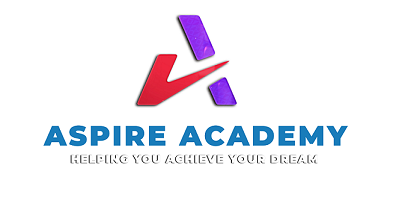- Introduction to Accountancy:
– Accounting is the process of recording, classifying, summarizing, and interpreting financial transactions of a business or organization.
– It provides information about the entity’s financial position, performance, and cash flows.
- Accounting Principles and Concepts:
– Going Concern: The assumption that the business will continue to operate in the foreseeable future.
– Money Measurement: Only transactions that can be expressed in monetary terms are recorded.
– Dual Aspect: Every transaction has two aspects – debit and credit.
– Historical Cost: Assets are recorded at their original cost.
- Accounting Equation:
– The fundamental accounting equation is: Assets = Liabilities + Owner’s Equity.
– Assets are economic resources owned by the business, liabilities are obligations, and owner’s equity represents the owner’s investment and retained earnings.
- Accounting Cycle:
– Recording: Transactions are recorded in the journal.
– Classifying: Transactions are classified into different accounts in the ledger.
– Summarizing: The trial balance is prepared to ensure the equality of debits and credits.
– Interpreting: Financial statements like the income statement and balance sheet are prepared to analyze the financial performance and position of the business.
- Types of Accounts:
– Personal Accounts: Accounts related to individuals or organizations.
– Real Accounts: Accounts related to assets.
– Nominal Accounts: Accounts related to income, expenses, and gains or losses.
- Accounting Standards:
– Accounting standards are guidelines and rules that provide a uniform and consistent framework for financial reporting.
– They ensure transparency, comparability, and reliability of financial statements.
- Financial Statements:
– Income Statement: Presents the revenue, expenses, and net profit or loss of the business during a specific period.
– Balance Sheet: This shows the business’s financial position by listing its assets, liabilities, and owner’s equity at a specific date.
These notes provide a brief overview of the important concepts covered in the NCERT Class 11 chapter on Introduction to Accountancy. Understanding the accounting principles, equations, cycles, and financial statements will help you grasp the basics of accounting and lay a strong foundation for further studies in the subject. Practice solving numerical problems and analyzing financial statements to enhance your understanding and excel in your exams.



